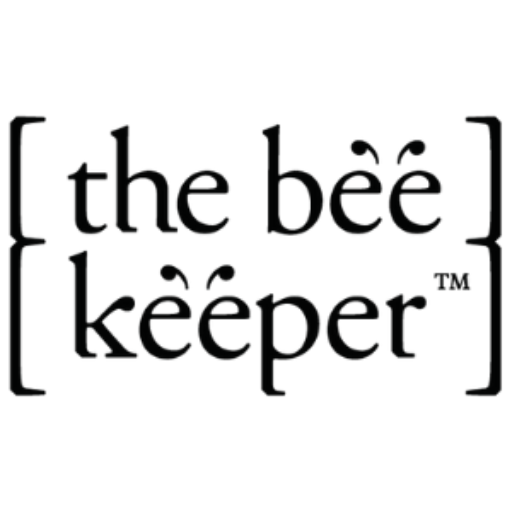
Australian Manuka Honey Association AGM & claims to the word Manuka
Due to Covid-19 border and travel restrictions in various Australian states, the 2020 Australian Manuka Honey Association (AMHA) AGM was held virtually this October. We’re members of this organisation because it aims to support and improve the Manuka sector by:
- Providing authenticity to all Australian produced Manuka honey;
- Supporting scientific research of Australian Manuka honey and its uses;
- Increasing the knowledge and understanding of the properties of Australian Manuka honey;
- Securing access to international naming or market rights to Manuka honey;
- Protecting and promoting Australian Leptospermum species plant material;
- Representing Australian Manuka producers and packers through one common organisation.
One of the big issues for Australian Manuka honey producers is the push from New Zealand to ban Australian beekeepers from using the term “Manuka” by applying for the exclusive use of the term “Manuka Honey” through a “Certification Trademark” (CTM). The AMHA has been defending the Australian industry position for three years now and are involved in the New Zealand and United Kingdom Intellectual Property Offices defending our rights to export our Manuka. Federal Ministers for Trade and Agriculture in Australia have also been in communications with their counterparts in New Zealand to highlight these concerns and the discussions are ongoing.
According the the AMHA, it’s important to understand that Manuka is a plant with origins in Australia and New Zealand – and Australia actually has many more species. When it is spelt with a macron (Mānuka) or double “a” (Maanuka) it is Māori. However, Manuka as it has been spelt for well over a century has no meaning in the Maori language, as confirmed by the Maori Language Commission.
Manuka, Jellybush and Leptospermum are three very different names used to describe Australia’s distinctive medicinal honeys, and of the three, the word “Manuka” is the best known around the world so it’s important Australian Manuka honey, some of the most medically active honey on the planet, remains easily recognisable to those who use it.

